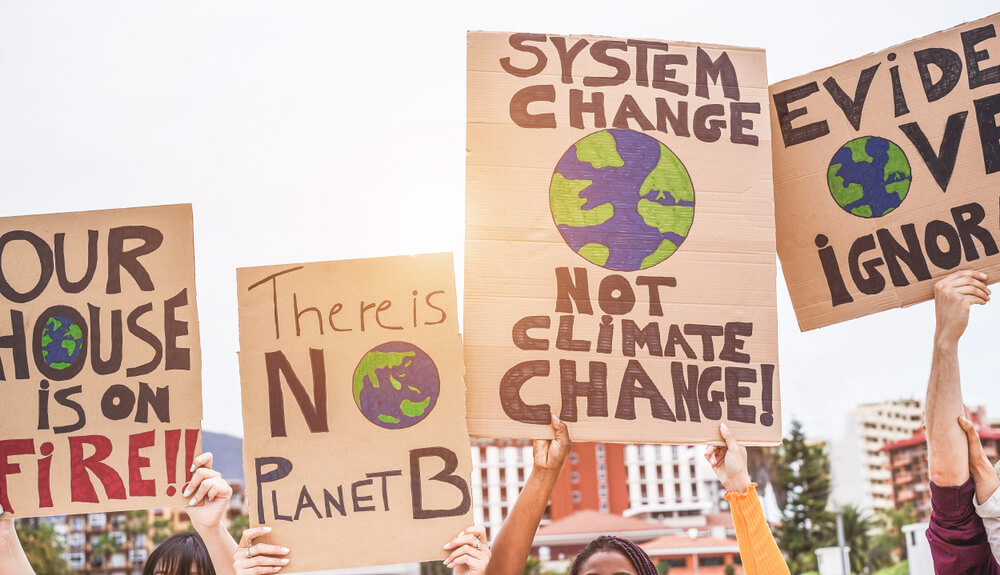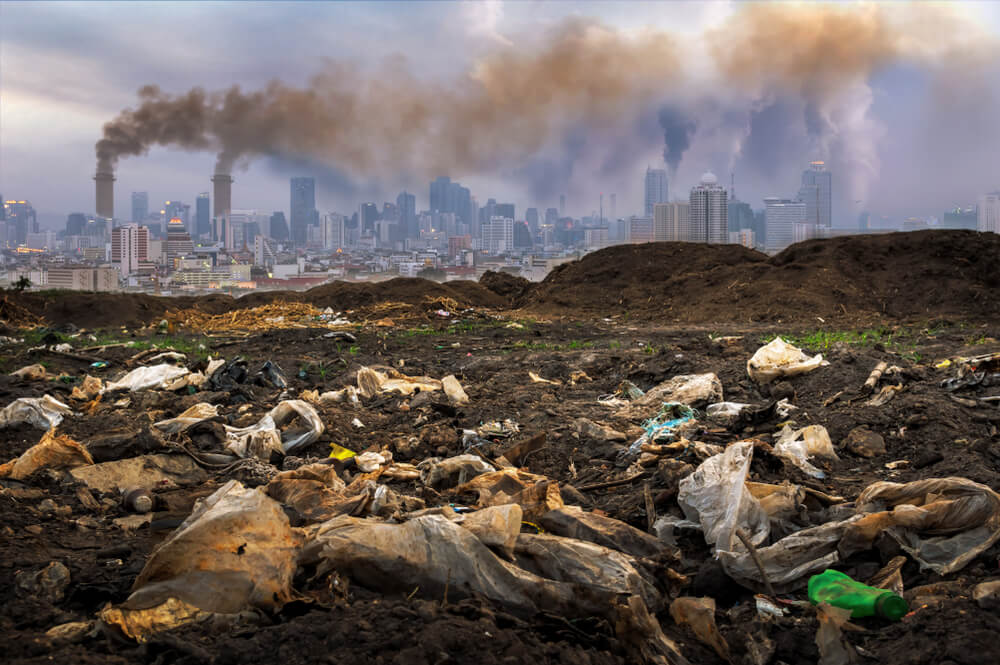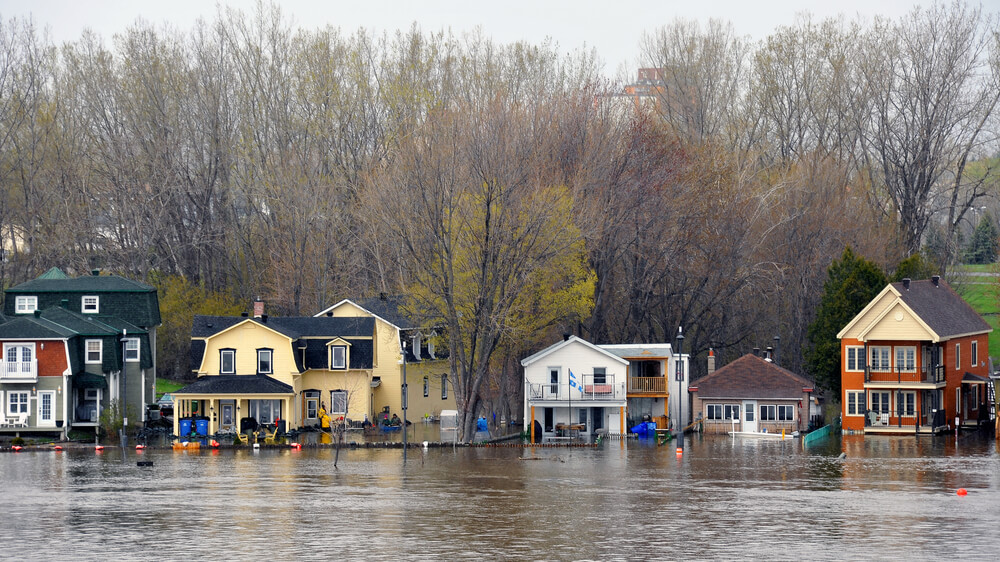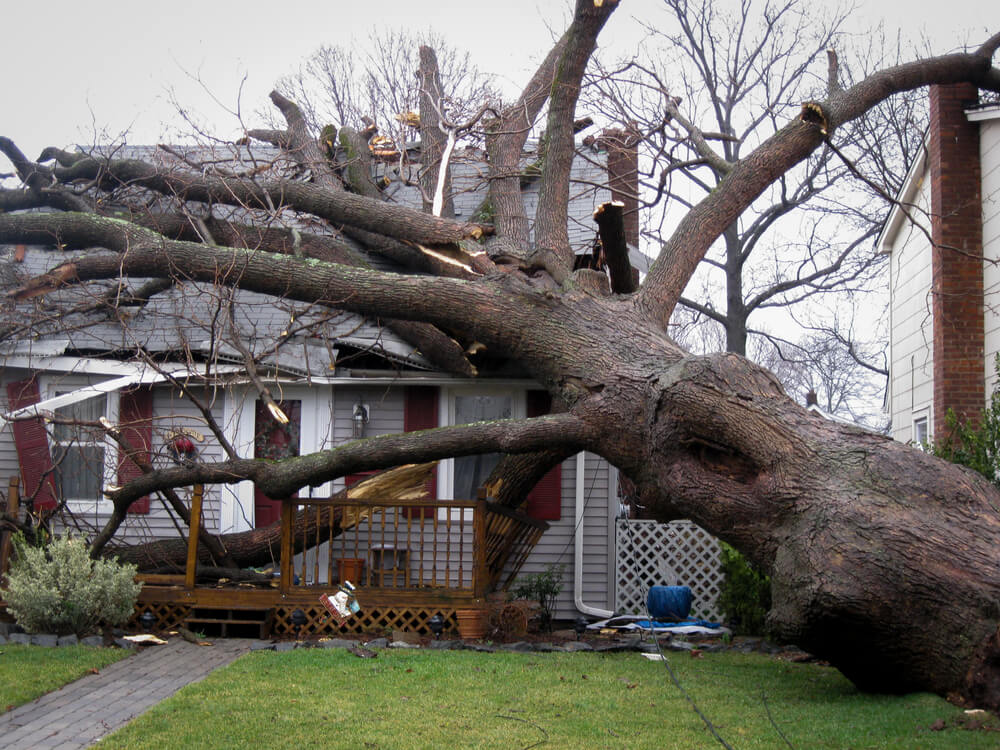Climate change is real, and the topic cannot be avoided further. Several industries have been negatively impacted by climate change and are taking necessary steps to deal with the repercussions and come out of it. Interestingly, there is an effects of climate change on Canada real estate.

If you want to understand the effects of climate change on Canada real estate, you are at the right place. We will highlight the impact of climate change on the real estate market. We will also try to understand the effects of climate change on home buyers, especially in the Canadian market.
Climate Change Impacts on Real Estate
Climate change might not affect your home-buying decisions directly. However, if you carefully analyse different environmental factors before buying a house in Canada, you will find a relationship between real estate and climate change. Several reports have highlighted the effects of climate change on Home buyers. There are several ‘what-if’ scenarios that people should consider before buying a home. Let’s look at some of the consequences of climate change on the real estate industry :
-
Rise in Temperatures

As the causes of global warming have increased significantly, the planet has become much warmer. The high temperature has not just affected the natural elements like glaciers, oceans, etc. It has also created an impact on the entire ecosystem. Countries like the US, Canada, etc., are on high alert as the number of instances of dangerous winds, floods, etc., has increased drastically in the last few years.
When the temperature of a place increases, managing the heat at the residential properties of that place also increases. Hence, home buyers have to bear this increased cost of managing the temperature. Also, with climate change, freshwater availability has decreased significantly. Therefore, when you buy a home in a crowded, posh locality, there are chances that the area will run out of water in the coming years.
People are now looking at buying houses on the outskirts of the city. This is because they want access to basic amenities without any challenges. However, the mentality of all home buyers has transitioned at the same time, and hence, the home buyers are stuck in a loop.
-
Unpredictable Weather

The real estate industry also has to bear the consequences of climate change when the weather changes. But it can be predicted, but only to a certain extent. Also, when people are flagged about a weather hazard, they cannot just shift their homes and often have to incur costs to fix the damage. Real estate purchases involve huge amounts of money; hence, a foreseeable weather event can cause major property damage and carve a hole in your pocket.
The frequency of hurricanes and other water-based disasters has increased recently. These events can cause huge property damage. Coastal cities are affected the most because of these events, so home buyers want to shift away from them. Hence, the real estate markets of the cities near the coast are being impacted.
Apart from floods, other events, such as wildfires due to the rising temperature, can cause heavy damage to life and property. Home buyers will have to bear the consequences of climate change. Therefore, the homeowners would be required to spend money every time an event, as listed above, occurs. Hence, the maintenance cost of these properties increases greatly.
-
Property Damage

Real estate and climate change have now become important discussion topics. When you talk about climate change, you cannot look at it in isolation. Property damage is an inevitable result of climate change. Not only do the properties start looking worn and old, but they also impact your budget. You will have to spend money every time there is a calamity.
Hence, if the real estate industry operates in a high-risk area, it would reduce its chances of earning profits. They have to compromise the house’s value, reducing their commission on the sale. Also, there are no ways in which you can avoid property damage.
Canadian Climate Change Survey

Recently, RE/MAX Canada released a survey revealing climate change’s effects on Canadian real estate. Apart from the report, the organisation has planned to release several ‘what-if’ scenarios throughout the year to make people aware of the effects of climate change on Canada real estate.
-
- The report was created in collaboration with Kathryn Bakos, Director of Climate Finance and Science at the Intact Centre on Climate Adaptation and Dr Mike Moffatt. He works as the Senior Director of Policy and Innovation at Smart Prosperity Institute.
- All of them came together to analyse the impact of natural calamities like floods, wildfires, etc., on the real estate market in Canada. The report highlights how the causes of global warming have increased, and as a result, climate change is now impacting existing and new home buyers.
- Climate change in Canada has brought about several changes in the real estate industry, leading to high insurance premiums, compromises in living standards, etc. The cost of all these losses has increased from $1 billion to $2.5 billion in the last 11 years and is most likely to increase further.
- As per the report, the industry needs to adopt several climate mitigation measures to deal with this catastrophe. The report also highlights the urgency of restoring the country’s green infrastructure by taking up initiatives at the individual and Government levels. Climate change has impacted several areas of the country; hence, no developmental activities will occur in these areas, thereby reducing the area for house construction.
- The report guides home buyers on how to approach the entire home-buying process. Also, it highlights the importance of transparency so that home buyers are aware of the climate risks before they invest their head-earned money in buying a house. Currently, homeowners and buyers are unaware of the climate risks, and they only get to know about it once they are caught in a situation.
As real estate purchases are long-term and rental property investments, and people tend to stay in the same house for at least the next five years, analysing the impact of climate change on your future home is important.
Places Affected Where People Want to Live
- More than 3,25,000 buildings in Canada are at a high flooding risk. These floods are caused due to an increase in rainfall in Canada.
- Also, another set of 6,25,000 buildings are at risk of floods caused by rivers, and the entire episode can be catastrophic.
- Furthermore, the places and residential complexes situated by the coast are at high risk. The government is trying to take steps like building sea walls, etc.
- Canadian homes near forests are at great risk of forest fires due to increased forest fire incidents.
- A RE/MAX Canada-supported study claims that more than $5 billion in annual funding is required to protect homes from floods, harsh weather, and wildfires amid growing worry over the financial burden of climate change on Canadian housing.
Conclusion
Climate change has brought about numerous changes in the entire world. Therefore, the real estate industry is also on the receiving end of the spectrum. With the increase in natural calamities and weather-related incidents, the instances of damage and other factors that can affect the perception of properties have come into the picture. Hence, you should try to factor in the effects of climate change on Canada real estate.
You May Also Read
| How To Invest in REITs | Complete Guide of How to Invest in REITs |
| Real Estate Investor Salary | Average Real Estate Investor Salary |
| Toronto Housing Market | Know All About Toronto Housing Market |
| Quebec real estate market | Right Time to Invest in Quebec real estate market |
| real estate broker | Choosing your real estate broker |
| Buying Rental Property in Canada | Pros and cons: Buying Rental Property in Canada |
Frequently Asked Question (FAQs)
Climate change has brought about several changes in the lives of Canadians. Because of higher temperatures and increasing rainfall, the locals are dealing with some major changes.
The prices of houses on the coast might fall due to an increased risk of floods. Also, areas prone to high rainfall might witness a dip in prices.
With the increased risks to properties, mortgage rates have gone up. The banks do not want to bear the risk that comes with the loss of property damage.
It would be best if you tried to avoid buying a house in places with climate risks. You might have to incur huge costs to deal with property damage.
If you want to mitigate the climate risk, you can buy a home in Ontario or Toronto.
Mostly, the landlocked cities in Canada are free from climate risks. These places include Alberta and Saskatchewan. How does climate change affect locals in Canada?
Will Canadian house prices drop due to climate change?
Will mortgage interest rates go down in 2023?
Should you buy a house in a risky place in Canada?
Which is the best city in Canada to buy a house?
Which cities are risk-free from climate change in Canada?





